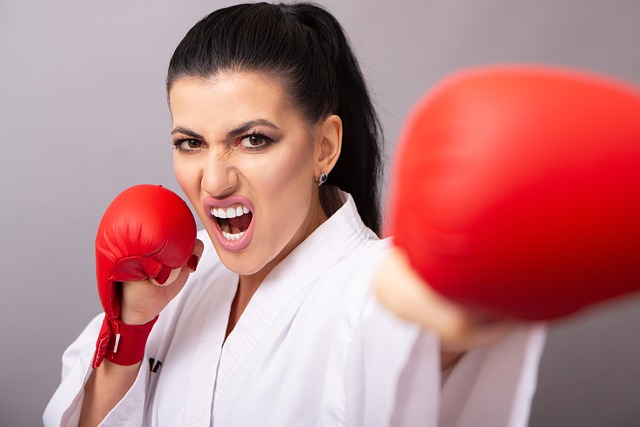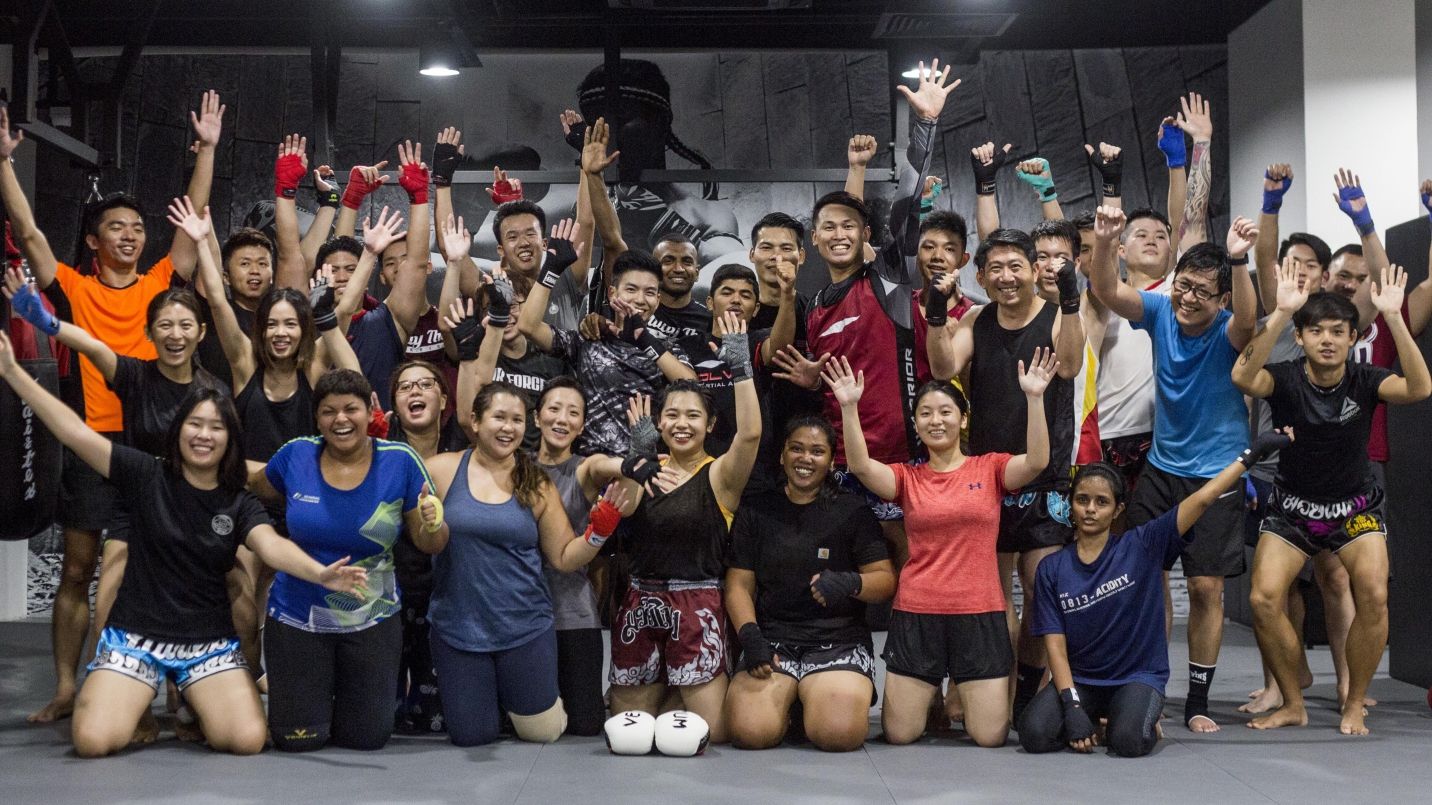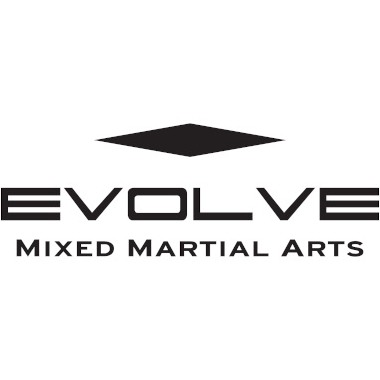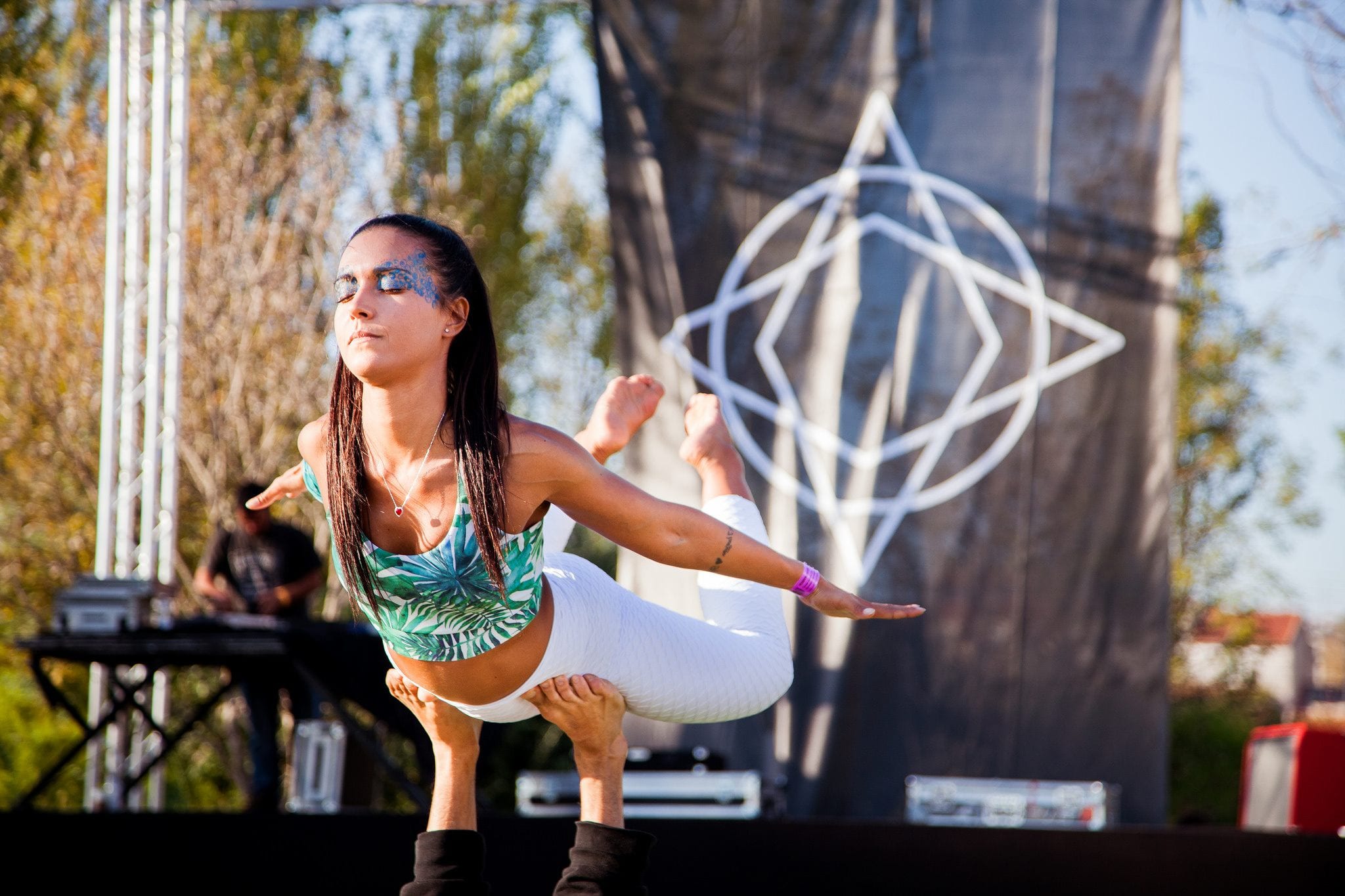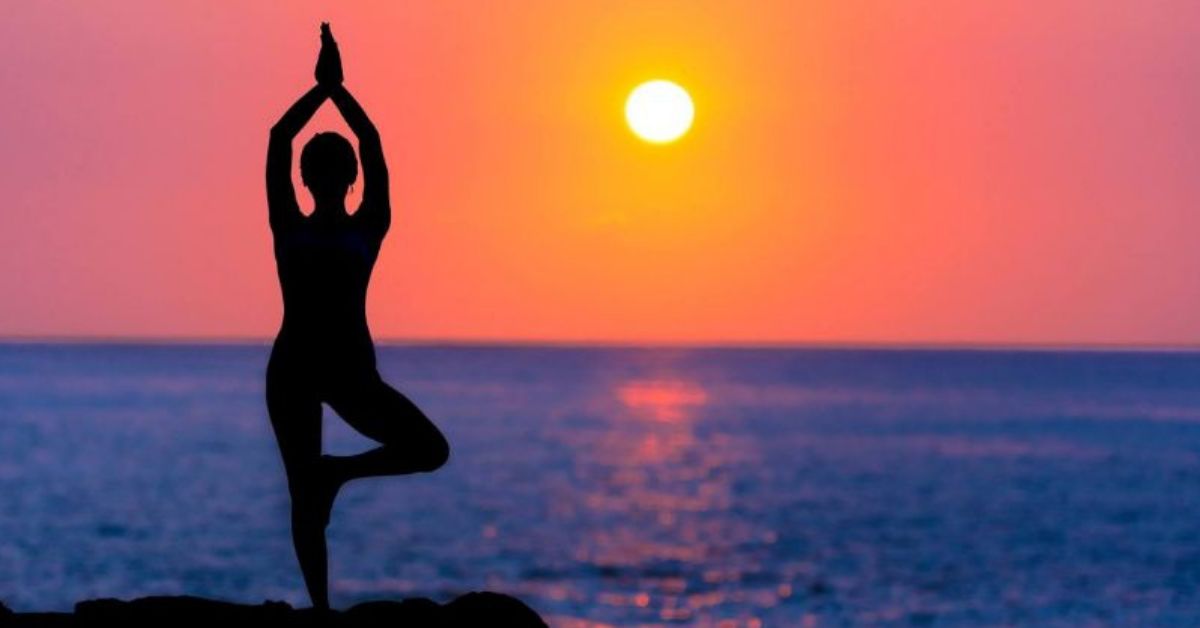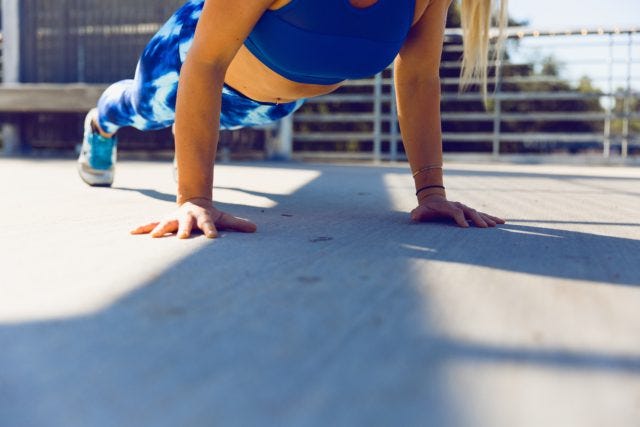It's dangerous to judge a group based on what you experience outside that group.But if I'm in my 20's to 30's, I really don't want to train things structured for old people, esp. those in their 80's. Most TMA schools I've been to, just about everybody gasses out way before I do, and I'm doing their thing while being 20-30 years older than most of them.
BJJ: 90min. 25min warmup exercises that are mostly actual techs. 30min drilling of 1 or 2 techs being taught. 30min of sparring.
Muay Thai: 90min. 25min of hard cardio. 25min of pads. 40min of training tech/drilling & maybe sparring.
Average TMA's who come in to try it out, usually can't complete the warmup ex. w/o gassing & taking breaks. The gassing throughout the remainder of the class. The ones who stick with it, get in much better shape then when they first came in.
Couture is not a good example as he trained at the highest level for a very long time; achieving World Champion status. Most people in MMA, train for fitness and as a hobby. Maybe 0-5 fights in Muay Thai or MMA or compete in BJJ only; continuing training to stay healthy.
Most of the folks who've come to my classes from other arts are looking because they aren't currently actively training in that art, for whatever reason. I'd expect most of those folks to be less fit than they were when actively taking classes.
I've been to some TMA schools that were incredibly rigorous. Some seemed more focused on fitness than anything else, turning every drill into a stamina exercise. Of course, how hard anyone went in those exercises was entirely up to the individual.
But then, it also matters who you're trying to cater to. And some schools soften over time, as the instructor softens. I know the energy level at the dojo I trained at for years went way down over time. I don't know if that was because the chief instructor was getting older, because the average student was older, or for a combination of those and other reasons.


